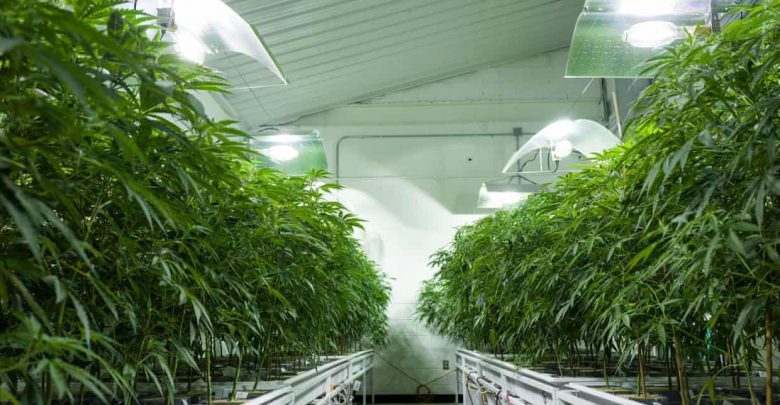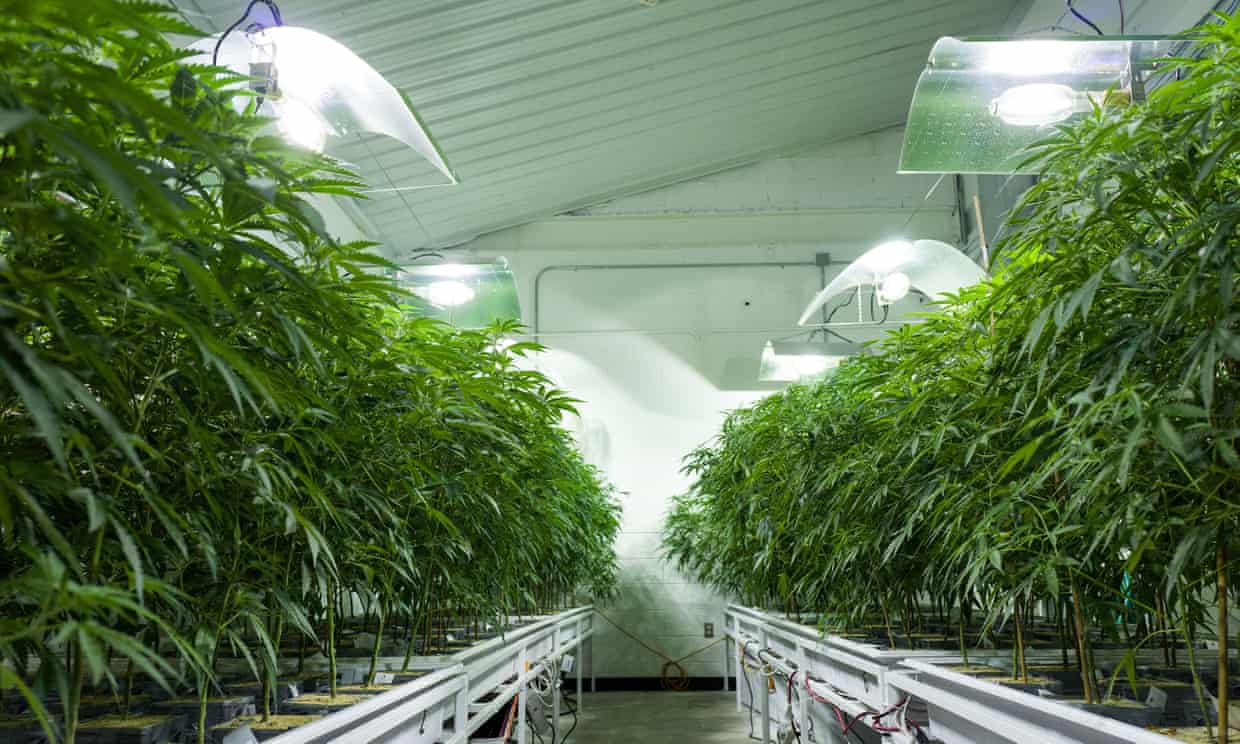Environment
New highs, old lows C what to watch out for in 2019


Making predictions in the realm of business and economics is usually a fool’s errand but that’s daft to not have a crack at it. Below are a few circumstances to look out for in 2019, that could be described as a rollercoaster ride.
Global gloom and doom
How about global recession, a US-China trade war including a chaotic Brexit first off? All or any of those could cast a shadow over people and businesses throughout the globe.
The greatest unknown for British business and also the economy is founded on the opportunity of a no-deal Brexit. The automotive industry has warned that production lines might be halted and investment choked off, while Airbus stated it is compelled to cut jobs and pull immeasureable pounds in UK spending. Together, carmakers additionally, the European aerospace giant support around 1m jobs. That’s before one actually study the affect on industries including pharmaceuticals, aviation, food and drink or London’s financial sector.
Then you have the prospect the early skirmishes of any Sino-US trade war turn into full-blown hostility. There is absolutely no telling what Donald Trump are going to do or say next so any optimism the fact that spectre of mutually assured destruction brings everyone back through the brink seems naive.
Trade wars, put together with higher loan rates in main economies such as US, could place greater drag on a worldwide economy that already is cooling, specially in Europe and Asia. However, respected economist Nouriel Roubini says a crash won’t come until 2020. You have got to take the crumbs of comfort for you to.
The next Carillion?
Ever ever since the outsourcing and construction firm’s ignominious collapse not too long ago, pundits and short-sellers have already been placing bets on who’ll be next. Both companies mentioned frequently inside same breath as Carillion are Kier and Interserve. Both insist they already have taken pre-emptive steps avoiding a similar fate. But there was some concerning words in Kier’s reason for going cap at hand to shareholders for




